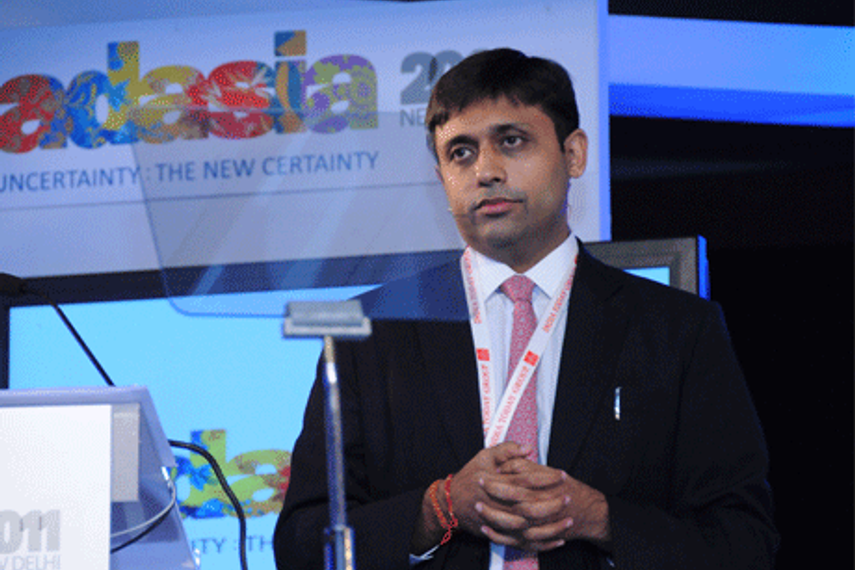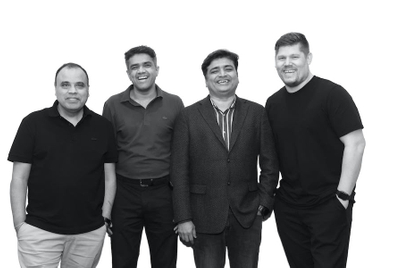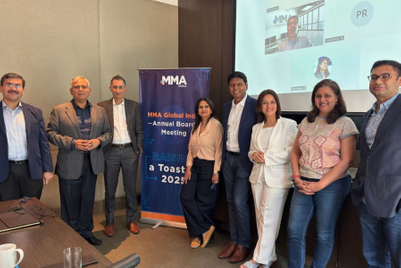
Does your DNA affect your shopping habits? Apparently it does, a great deal. According to a study published by the Boston Consultancy Group (BCG), a quiet social and economic revolution is taking place across women consumers across the world, wherein they are voting with their wallets. Increasingly, women are expressing dissatisfaction about the way they are being addresses by marketers, their advertising agencies and the society in general and the study underlines some key themes emerging in the world of women consumers.
The first question is if there is a need to focus on women consumers at all? If one goes by the numbers revealed by the BCG study, it should have been done yesterday. Of the total global consumption of $18 trillion, women control $12 trillion of the annual discretionary spends. The women economy is larger than total consumptions of India and China put together. “And they are crying out to the marketers to listen to them,” said Singhi.
However, with most advertisers and marketers being men, there are three grave mistakes they make while marketing to women. They need to: 1. Listen to the ladies; 2. Not make everything pink and; 3. Resist changing the offering year to year. “You cannot market to women as if they are men wearing skirts,” said Abheek quoting Leslie Wexner from Limited Brands. “Gerber, Dove and Limited Brands are some companies who have managed to crack the women code,” he added.
While Singhi established the importance of focussing on women consumers, Kim established some similarities and differences between the Asian women and their global counterparts.
She stated that women world-wide represent the largest pool of growth and their progress and economic development is inescapable. The top challenge faced by women globally was demands made on their time compounded by the responsibility for a majority of vast house-hold chores. The leading aspirations also remained the same globally, that of being financially secure.
Most of the differences arose between Asian women and their Western counterparts due to the difference in market evolution, culture and ethnic backgrounds. “Asian women are more optimistic about their country, community, home and family due to the markets being on a high economic growth path. Howevr, they control lesser proportion of spends than their Western contemporaries as they highly rely on their spouses incomes,” said Kim.
There is a distinct gap in the time saving product segments as well as customised product and service categories and it will help marketers plug it with suitable offerings, she added.


.jpg&h=334&w=500&q=100&v=20250320&c=1)

.jpg&h=334&w=500&q=100&v=20250320&c=1)

.jpg&h=334&w=500&q=100&v=20250320&c=1)



.jpg&h=334&w=500&q=100&v=20250320&c=1)
.jpg&h=334&w=500&q=100&v=20250320&c=1)




.jpg&h=268&w=401&q=100&v=20250320&c=1)
.jpg&h=268&w=401&q=100&v=20250320&c=1)


